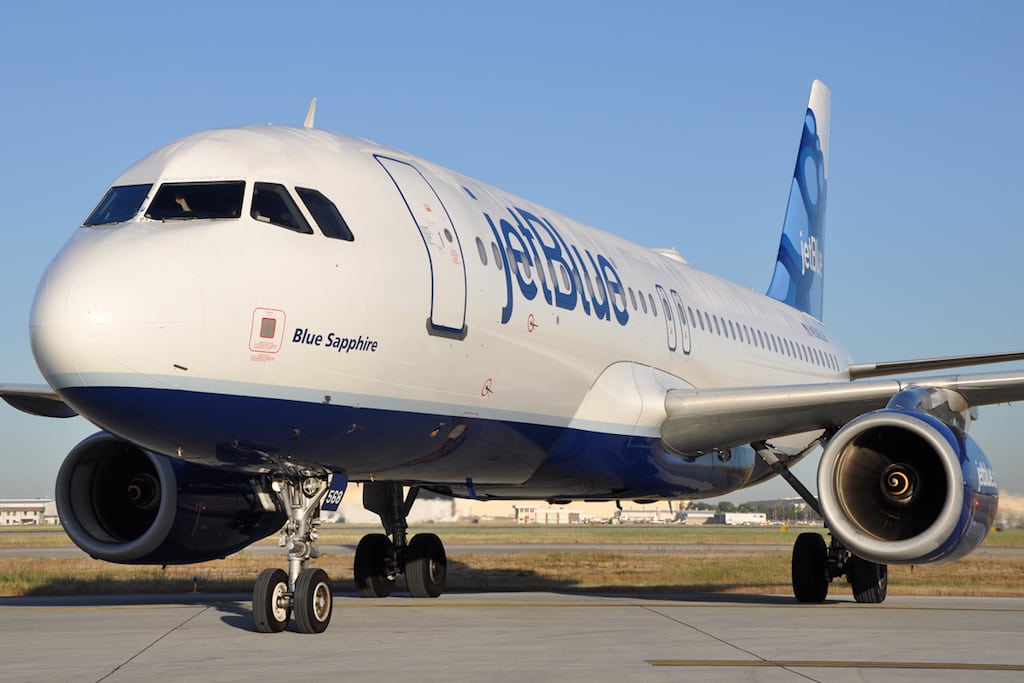U.S. Airlines Seek Revenue From 'Visiting Friends and Relatives' Travel

Skift Take
U.S. carriers had identified travelers visiting friends and relatives as a bright spot, even amid the Covid-19 pandemic. But as cases continue to rise, some travelers may change their minds and cancel their plans.
With their businesses cratering, most U.S. airlines are staking out their short-term future on one customer segment that has proven resilient in nearly every downturn — travelers visiting friends and relatives. But as Covid-19 cases rise in the United States and some states enact new restrictions on movement, that strategy will be tested.
The latest airline to chase this market segment is JetBlue Airways, which reworked much of its network last week to attract more travelers seeking to fly from the Northeast to Florida, Puerto Rico and the West Coast. Its press release specifically called out "small signs of recovery" in "visiting friends and relatives travel," along with traditional leisure travel.
American Airlines, which usually makes much of its revenue on corporate business, made a similar move, joining airlines that already specialized in the space, including Southwest Airlines, Allegiant Air, and Spirit Airlines. With almost no business travel expected this summer, airlines have little choice but to go where they find demand.
The visiting friends and relatives market segment, usually shortened as VFR, is different than traditional leisure. The standard vacationer needs a hefty budget plus somew
